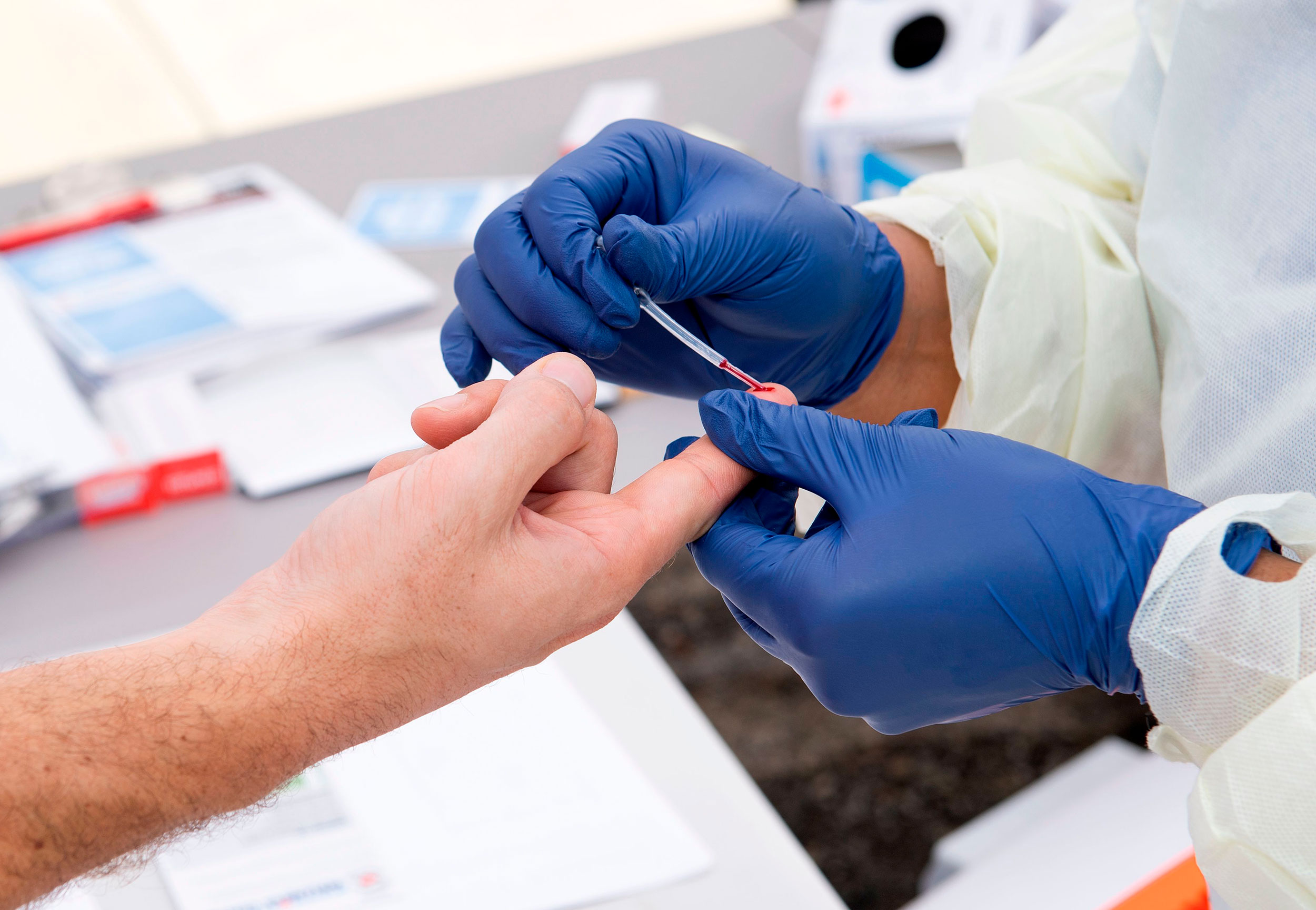
Covid-19 antibodies from a previous infection can significantly lower the risk of becoming infected again, according to a study published on Wednesday in the journal JAMA Internal Medicine.
“The results of the study are basically a 10-fold reduction, but I would have reservations about that. In other words, it could be an overestimate of the reduction, it could be an underestimation of the reduction,” said Dr. Douglas Lowy, deputy director of the National Cancer Institute, who was one of the authors of the study.
“For me, the big message is – there is a reduction,” he said. “The main conclusion is that being positive for antibodies after natural infection is associated with partial protection against a new infection.”
How they did the study: The researchers examined data from more than 3.2 million people in the United States who completed an antibody test last year between January and August.
Among those tested, 11.6% tested positive for Covid-19 antibodies and 88.3% tested negative.
- 0.3% of those with antibodies tested positive for Covid-19 infection later, after 90 days.
- 3% of those without antibodies tested positive for reinfection during the same period.
However, more research is needed to determine a causal relationship, how long the protection against antibodies can last and the risk of reinfection of a variant.
